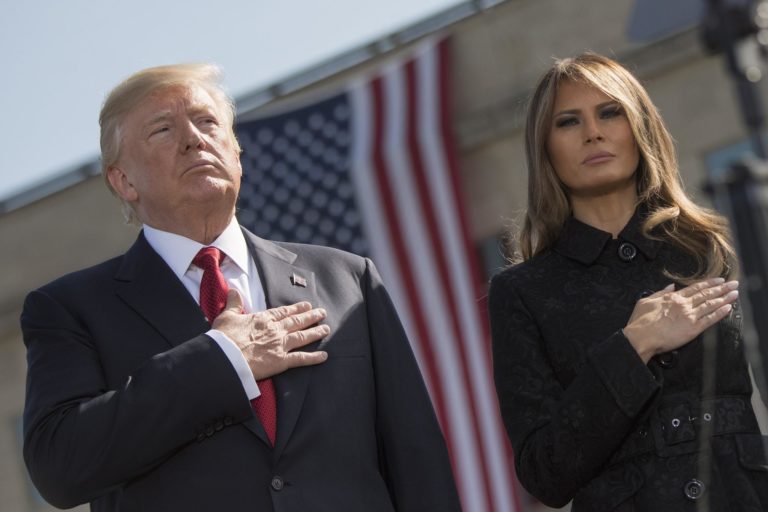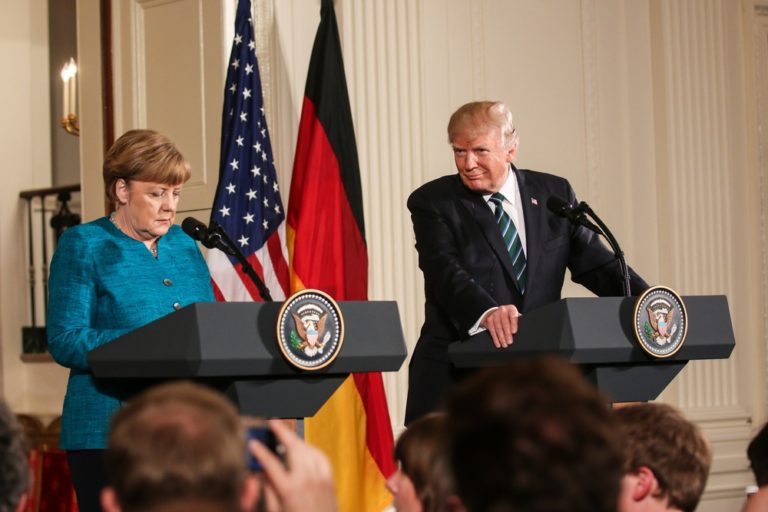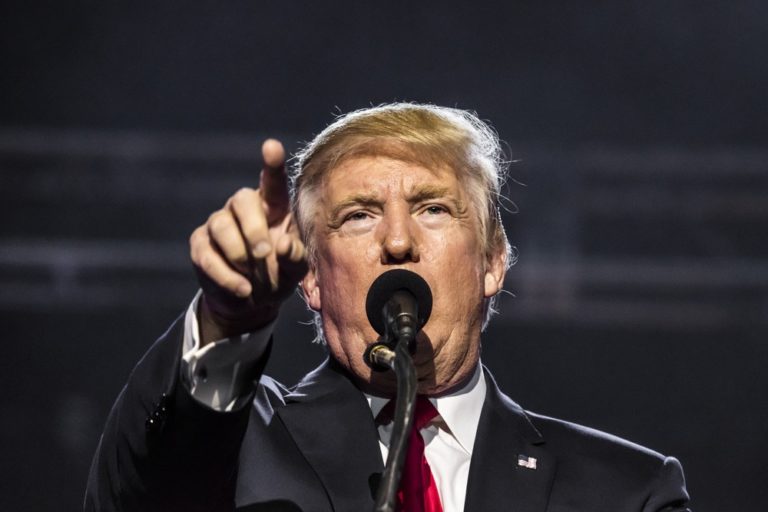Trump Revives Columbus Day with a Focus on Grievance
In recent months, President Donald Trump has made headlines by vowing to revive Columbus Day, framing it as a response to perceived injustices against Italian-Americans and Christians. This move taps into a deep well of grievance that has shaped American history since colonial times.
A Political Strategy Rooted in Resentment
President Trump’s announcement is more than just a symbolic gesture. It’s a strategic move to appeal to his base by highlighting grievances and promising retribution. By invoking Christopher Columbus, a figure whose legacy is controversial, Trump aligns himself with a narrative of reclaiming lost honor, a theme that resonates with his supporters.
Understanding the Concept of Grievance
Grievance is feelings of resentment and injustice, often driving conflict. Historically, European colonizers used it to justify violence against Indigenous peoples. Today, Trump channels this sentiment politically, targeting institutions and individuals he perceives as opponents.
Historical Grievance and Violence
The Doctrine of Discovery, a legal theory from the 15th century, allowed Europeans to claim Native lands, ignoring Indigenous rights. This sense of entitlement led to brutal suppression, as seen in the 1598 Spanish assault on the pueblo of Acoma, resulting in mass amputations and enslavement.
Colonists also turned on each other when they felt wronged. The Salem witch trials are a prime example, where economic tensions and personal grudges fueled accusations, leading to executions.
The Risks of Leveraging Grievance
Using grievance to galvanize support can have dangerous consequences. It risks escalating tensions and violence, as seen historically and in modern events like the 2021 Capitol attack. When leaders exploit resentment, they can unleash forces difficult to control, leading to volatility and conflict.
A Cautionary Tale
From colonial conflicts to present-day politics, grievance has consistently led to violence and division. As leaders like Trump continue to wield this tool, the lessons of history warn us of the dangers of unchecked resentment and the importance of addressing issues constructively.
By understanding this pattern, we can better navigate today’s polarized landscape, ensuring that past mistakes aren’t repeated.










